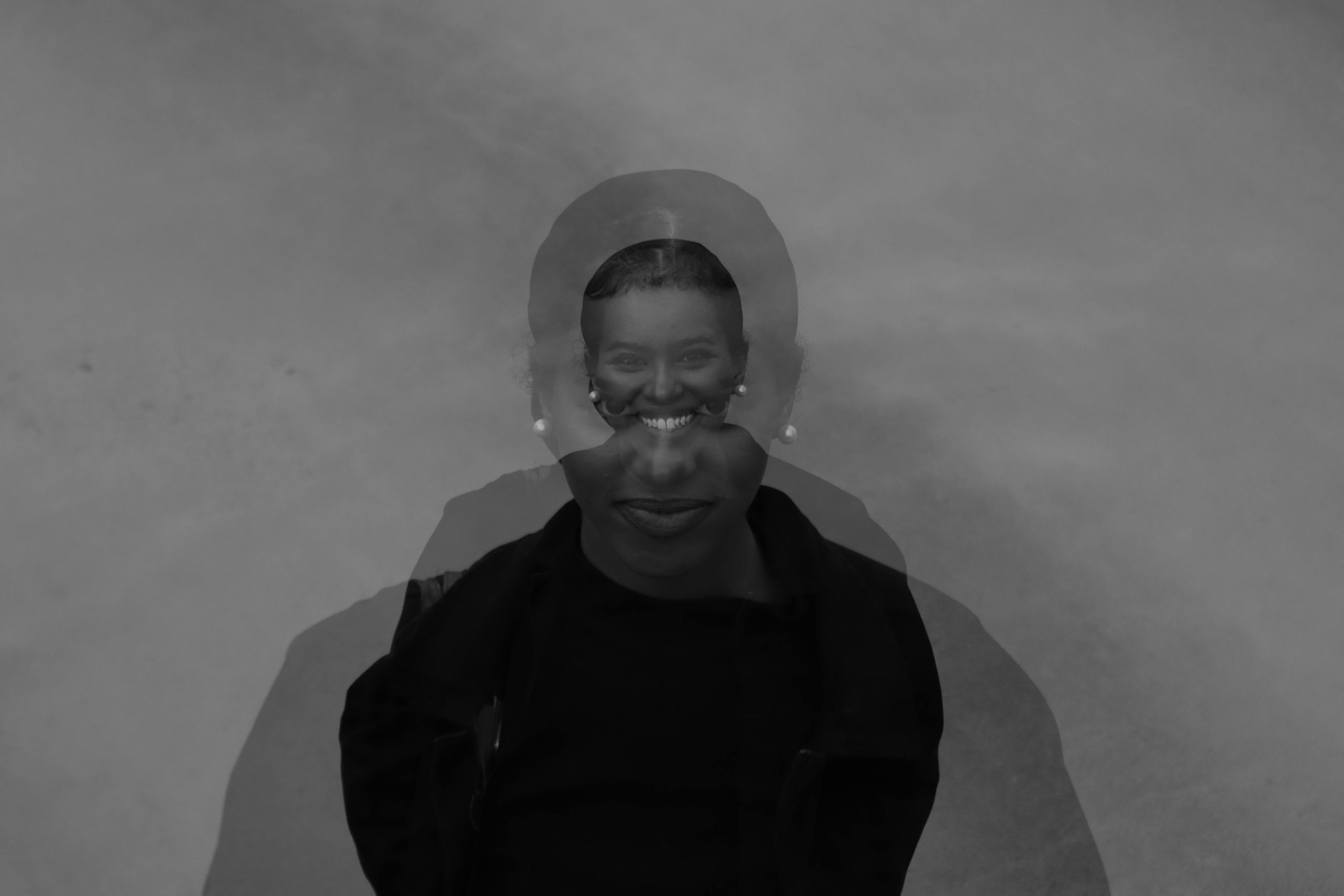Mental health professionals use the term when you’re depressed or anxious but look and act happy. If you have smiling depression, you say that you feel fine and power through your daily activities as usual. So your family and others may not realize you may need help.
While smiling depression is not an official clinical diagnosis and you will not find it in the Diagnostic and Statistical Manual of Mental Disorders, Fifth Edition (DSM-5), research shows that it is diagnosed as atypical depression.
Mostly, individuals, who suffer from this most are constantly seeking out opportunities to lift their moods and temporarily feel better when things are looking up. This condition is common among perfectionists, especially people who are held to high ideals (mostly high-functioning employees) who fear failing.
But why the facade? you ask.
Truth is no one wants to feel like they are a burden to those around them and experience the shame, stigma, and embarrassment of mental illness (such as which depression is associated with)
Others hide their symptoms if they are in denial and also want to keep up appearances to gain control over themselves and situations.
All these cause them to smile away from the depression making it difficult to decipher their inner struggles, thus necessitating the need to know the signs and symptoms the same, and how to help a colleague from this rabbit hole.
If you suspect that a colleague or friend is suffering from smiling depression, there are a few things that you can look out for
- Appetite and weight changes: Some people overeat when they are depressed, but some lose their appetite and stop eating. This is something co-workers and friends can look for, especially those who eat lunch together. Also, if someone loses or gains a lot of weight over a relatively short time, this could be a sign they’re depressed.
- Sleep changes: It’s well known that people who suffer from depression often sleep a lot and have trouble even getting out of bed. But the other side of the coin signals depression, too. If people suddenly start talking about having insomnia and start falling asleep at work this is another sign they might be depressed.
- Not interested in their normal activities: If a co-worker stops going out to lunch with friends or stops taking walks, this may be a sign they are depressed.
As we close, it’s important to note that individuals who suffer from this may deny it and take it negatively because the word depression sounds too heavy. This is normal as most of us view it as a condition for the severely disturbed. Here’s what you need to do: Create a safe space for them to discuss their concerns and show them they are not a burden at all. This is the first step toward healing coupled with therapy and medication where appropriate.
Let them know it is okay to put away the mask; it is okay to be themselves.



















+ There are no comments
Add yours